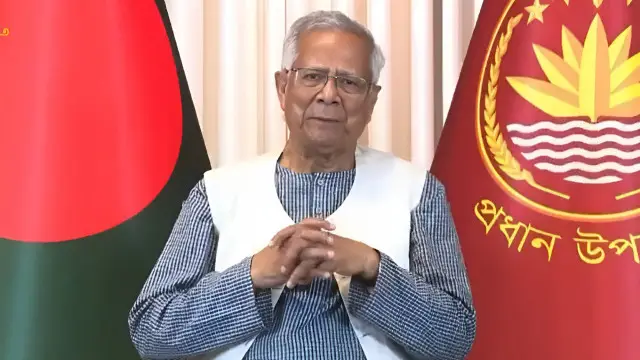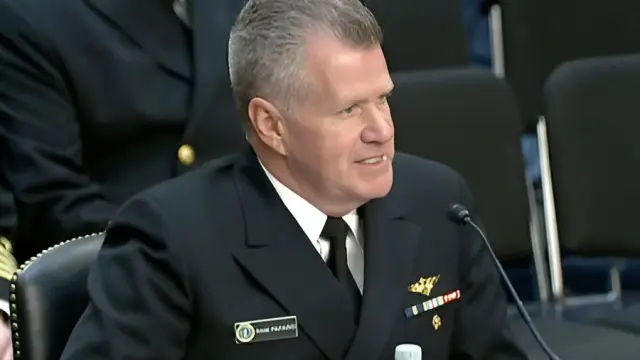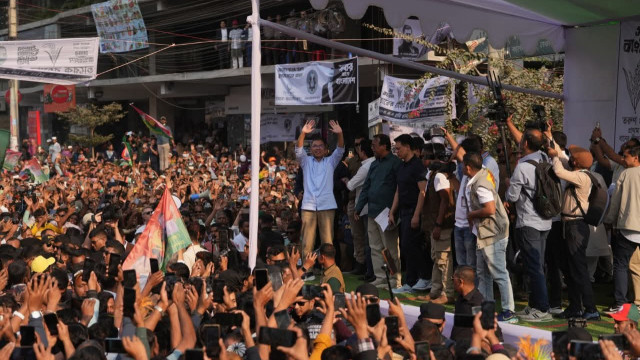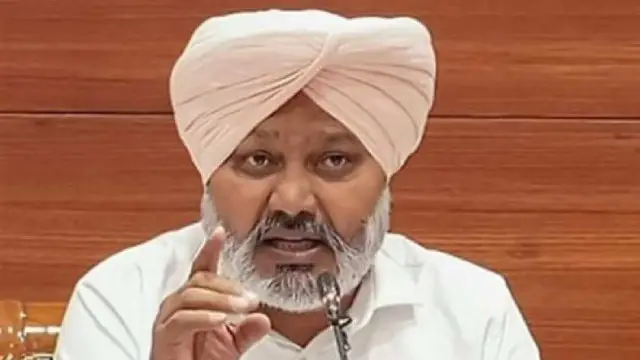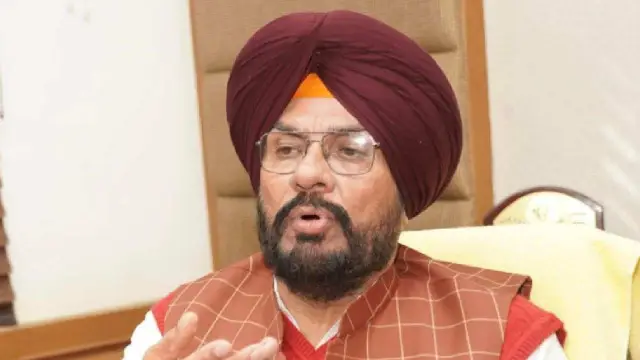11th Night of Pakistani Ceasefire Violations Met with Indian Army’s Strong Retaliation
Pakistan violated the ceasefire along the Line of Control (LoC) for the 11th consecutive day, targeting multiple sectors in Jammu and Kashmir, including Kupwara, Baramulla, Poonch, Rajauri, Mendhar, Naushera, Sunderbani, and Akhnoor

Pakistan violated the ceasefire across the Line of Control (LoC) in Jammu and Kashmir, triggering renewed military tension in the region. Small-arms fire erupted in eight key sectors—Kupwara, Baramulla, Poonch, Rajauri, Mendhar, Naushera, Sunderbani, and Akhnoor—during the night, sparking alarm in forward villages. The Indian Army responded swiftly and in equal measure, maintaining firm control over its forward posts. No casualties were reported on the Indian side.
Tensions Fuelled by Pahalgam Attack and Treaty Suspension
This fresh round of aggression comes merely days after India suspended the Indus Waters Treaty on April 24, a move perceived as a direct response to Pakistan’s alleged involvement in the April 22 Pahalgam terror attack that killed 26 civilians. The ceasefire agreement of 2021, which had largely brought peace to the 740-km LoC, appears to be unravelling under the weight of recent provocations. Officials believe Pakistan’s sudden escalation aims to test India's resolve and draw attention away from its own internal instability.
Pattern of Provocation and Escalation
Indian security agencies report that Pakistani firing typically begins late at night and often targets multiple sectors at once—an approach likely meant to create confusion and stretch Indian defences. While the firing has so far been limited to small arms, defence analysts warn that continued provocation could spiral into larger confrontations if not restrained. The recurrence of these violations so soon after a high-profile terror attack suggests a coordinated strategy rather than isolated incidents.
India’s Measured but Firm Military Stance
In response, the Indian Army has adopted a strategic and restrained approach, minimizing civilian disruption while effectively countering enemy fire. Forward-deployed troops in sectors like Naushera and Akhnoor have responded with precision to neutralize threats without escalating the situation unnecessarily. The Chief of Army Staff, General Upendra Dwivedi, recently visited Srinagar to review frontline preparedness and reassess operational strategies in the wake of mounting aggression.
Diplomacy Fails to Ease Tensions
Despite attempts to contain the situation through military dialogue, including hotline-level talks between the Directors General of Military Operations on April 29, Pakistan’s persistent ceasefire violations reflect a refusal to de-escalate. India is now weighing additional options—both military and diplomatic—to ensure regional stability and deter further breaches.




